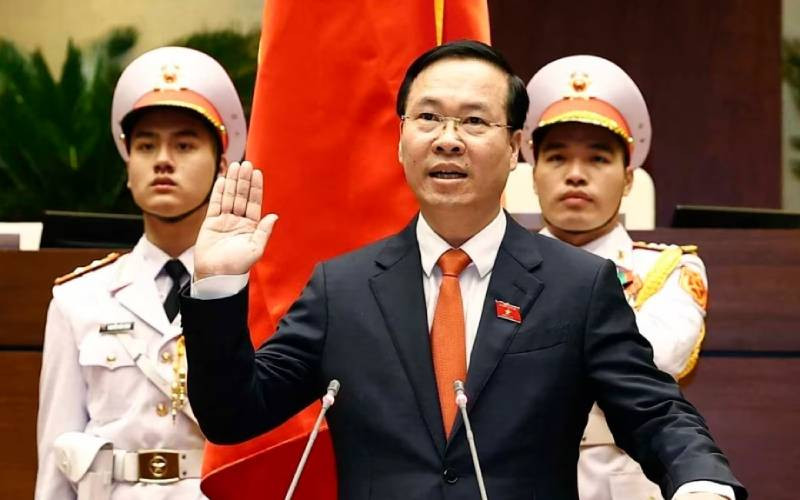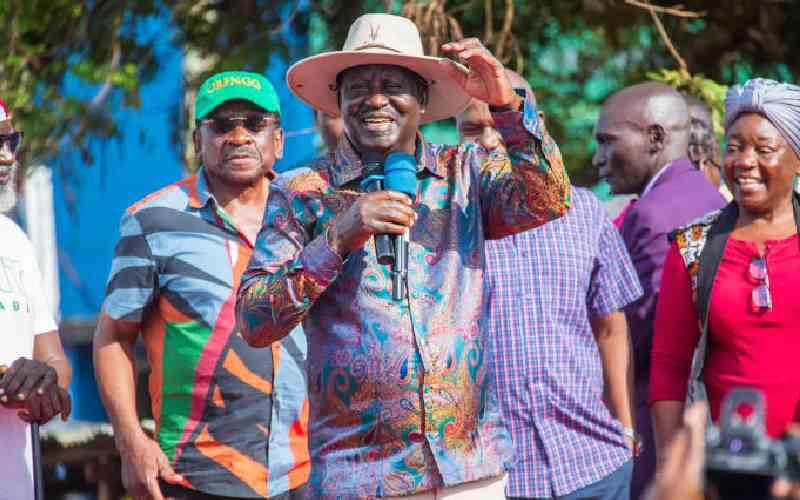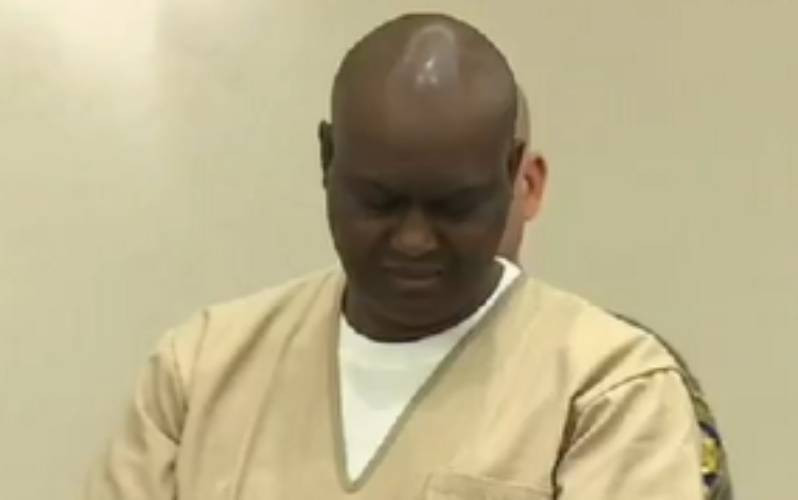NAIROBI: Running a political party is one of the most difficult jobs, thanks to selfish politicians who will bay for your blood whenever you make moves that go against their interests.
The most challenging is the position of party executive director. Holders of this powerful office are not elected but are appointed through a process specified by the party’s constitution.
Working at the whims of the party’s powers that be, executive directors are more often than not victims of political manipulation and bullying.
A case in point is former ODM Executive Director Magerer Lang’at, who was dramatically ejected from office by the party’s Nairobi County Assembly members (MCAs). “To perform your duties as the executive director, loyalty to the party and demonstrating desire to ensure growth of the party is key to success,” ODM Acting Executive Director Joshua Kawino told The Standard on Sunday.
“The executive director, in the case of my party, is the key man in policy formulation, which means he is a key cog in the daily management of the party at the headquarters and the branches”.
Besides this key role, he explains, the ODM executive director acts as the chief executive officer of the party, where he not only ensures implementation of all party policies but also advises the political leadership on any upcoming legislations and ballot issues.
“This means whenever there is a key legislation coming up, it’s the executive director who researches, in conjunction with the party’s legislators well versed with the issue, in order to ensure members are well informed,” Kawino says, adding: “In ballot situations, meaning elections or referenda, the executive director advises and coordinates the conducting of primaries and other relevant processes to ensure the party is well positioned to benefit from the situation”.
The role of political parties, he says, is not only to ascend to power, but to also retain it by ensuring its key pillars are applied to benefit the people.
“So, in this case, it’s the role of the executive director to ensure that when the party gets elected, it utilises the power to fulfill its philosophy in all sectors of society,” Kawino explains. “More often than not, the executive director, being the senior-most unelected administrative official, is the one who acts as a constant reminder to the elected officials to do that”.
While there are core functions of this least glorified position that cuts across all political parties, some aspects are unique to individual political groupings.
RENEWABLE TERM
“According to The National Alliance (TNA) constitution, the executive director shall be appointed by the chairman from a list of two candidates presented to him by National Executive Council (NEC),” Joseph Mathai, TNA Executive Director, says. “He serves for a renewable term of five years subject to a maximum of two terms. He is the officer in charge of the party’s secretariat and ensures the smooth running of its day to day activities”.
In TNA, he says, the executive director is in charge of all the staff besides having a minute book of all the major organs of the party including parliamentary caucuses.
“On paper, the roles of party executive directors should cut across political parties but in reality they don’t,” he claims. “In TNA, unlike many other parties, we don’t have interference from politicians and we run matters like nominations fair and freely”. Although the party Secretary General is usually a politician who can engage elected officials in caucuses, the executive director is an administrator whose principal duties is to oversee the overall implementation of party policies and agendas.
“Unlike other parties where the party leaders towers over the executive director and other officials and the party is run like a personal property, in our party officials have the professional space they need to work,” Mathai purports. “Even our national office is constituted in a manner that reflects an image of a national rather than regional party”.
Stay informed. Subscribe to our newsletter
Although most political party constitutions recognise the secretary general as the accounting officer, the executive directors are usually in charge of drafting the budgets since they are in charge of day to day running of the party.
“It’s the executive director and his secretariat who comes up with programmes which are facilitated through a budget,” Mathai points out. “But since the secretary general is the party’s accounting officer, he is the one who approves”. Unlike the other party top brass that are elected by the national delegates council (NDC), executive directors are appointed, meaning they luck the security of tenure that comes with elected positions. To survive in this hot seat, the holders has to engage in tricky political balancing acts.
“One of the main challenges here, unlike the other elected officials, is that you can’t afford to be extravagant with your own opinion, but must maintain the neutral servant approach during sensitive party affairs,” Mathai says. “But despite this you must find a way of pushing through your programmes and providing leadership where need be”.
Besides this, the executive director has to manage the secretariat and avoid stepping on people’s toes given the fact that some members of staff have powerful godfathers. However, ODM’s Kawino claims he is yet to encounter any challenges since his appointment a few months ago.
Although The Standard on Sunday could not reach most party’s executive directors, a scrutiny of their party constitutions revealed roles and challenges almost similar.
 The Standard Group Plc is a
multi-media organization with investments in media platforms spanning newspaper
print operations, television, radio broadcasting, digital and online services. The
Standard Group is recognized as a leading multi-media house in Kenya with a key
influence in matters of national and international interest.
The Standard Group Plc is a
multi-media organization with investments in media platforms spanning newspaper
print operations, television, radio broadcasting, digital and online services. The
Standard Group is recognized as a leading multi-media house in Kenya with a key
influence in matters of national and international interest.
 The Standard Group Plc is a
multi-media organization with investments in media platforms spanning newspaper
print operations, television, radio broadcasting, digital and online services. The
Standard Group is recognized as a leading multi-media house in Kenya with a key
influence in matters of national and international interest.
The Standard Group Plc is a
multi-media organization with investments in media platforms spanning newspaper
print operations, television, radio broadcasting, digital and online services. The
Standard Group is recognized as a leading multi-media house in Kenya with a key
influence in matters of national and international interest.








